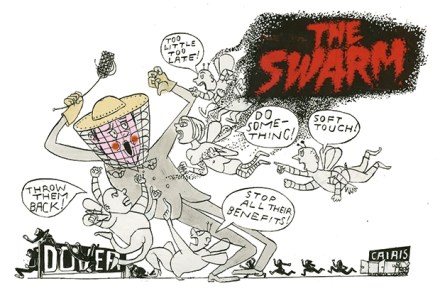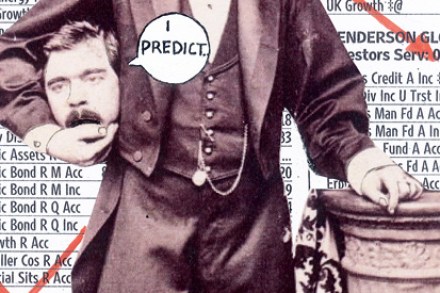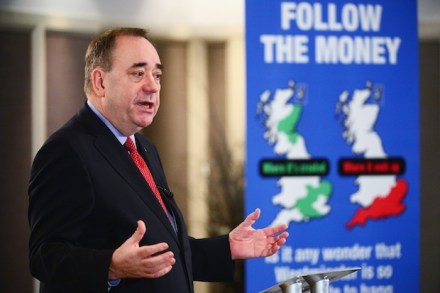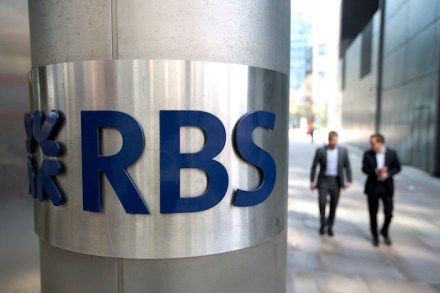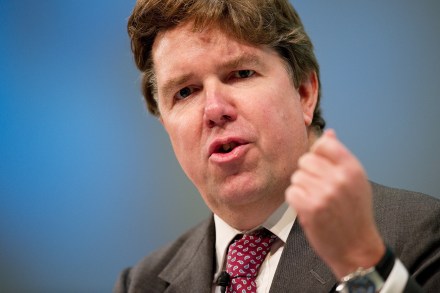The author of the RBS ‘sell everything’ note has been predicting disaster for the last five years
Should we sell everything because Andrew Roberts (not the historian but an analyst at RBS) tells us to in the expectation of crash? Before you press the ‘sell’ button, it might just be worth reflecting on the fact that there has always been a time when some analyst somewhere has been handing out the same advice. Quite often that somebody has been Andrew Roberts himself. In June 2010, for example, he said: ‘We cannot stress enough how strongly we believe that a cliff-edge may be around the corner, for the global banking system (particularly in Europe) and for the global economy. Think the unthinkable,’ he said. The unthinkable in that case




